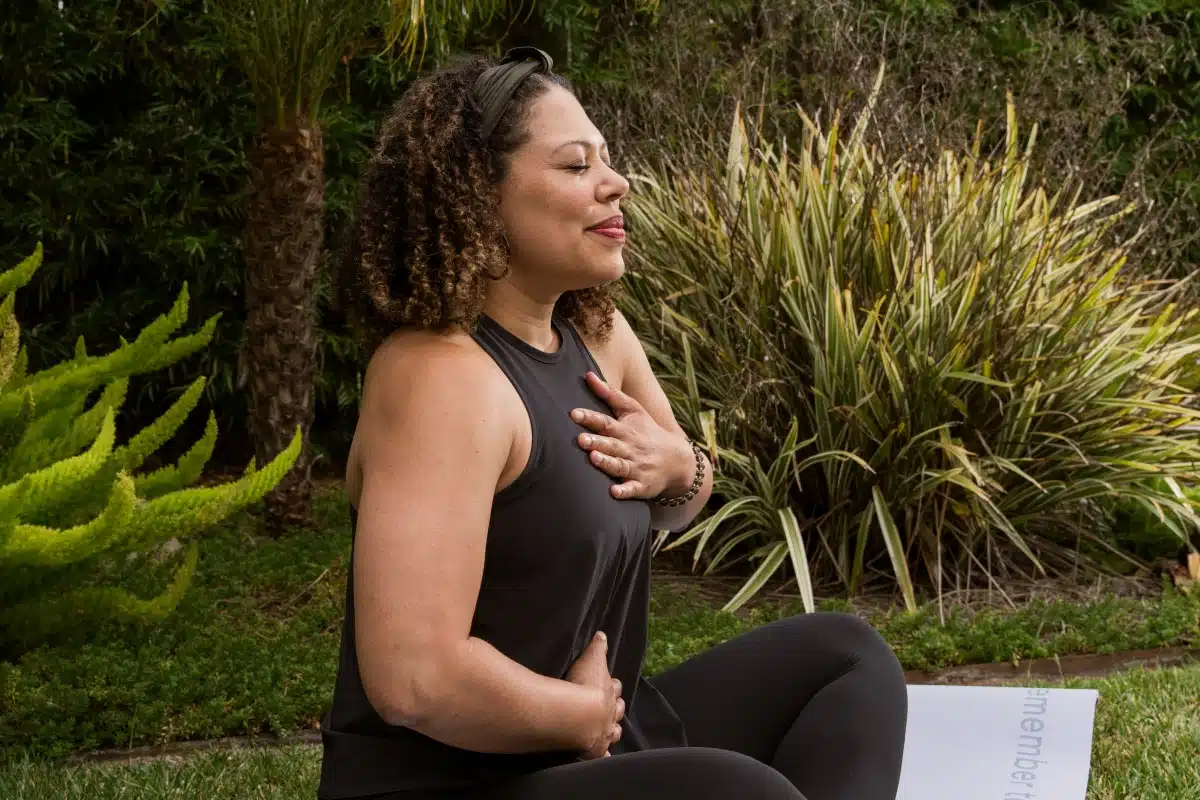In a world full of constant distractions, fast-paced routines, and overwhelming demands, many of us find ourselves operating on autopilot. We move through our days without truly noticing what we’re doing—or how we’re feeling. This is where mindfulness becomes a powerful practice, helping us reconnect with the present moment and live with greater clarity, peace, and purpose.
This article explores the role of mindfulness in everyday wellness and offers practical ways to live more intentionally—one breath, one moment at a time.
What Is Mindfulness?
Mindfulness is the practice of paying deliberate attention to the present moment, without judgment. It involves observing your thoughts, feelings, sensations, and surroundings with openness and curiosity.
It’s not about emptying your mind or avoiding stress—it’s about being fully engaged in your experience, whether you’re eating a meal, walking to work, or sitting in silence.
Why Mindfulness Matters for Wellness
Mindfulness is more than a buzzword. It’s backed by science as a tool for enhancing physical, emotional, and mental health.
Benefits of Mindfulness:
- Reduces stress and anxiety
- Improves focus and productivity
- Supports emotional regulation
- Enhances sleep quality
- Boosts immune function
- Lowers blood pressure
- Strengthens relationships
- Increases self-awareness and compassion
When practiced consistently, mindfulness can help shift your overall mindset—from reactivity and overwhelm to intentional living.
The Connection Between Mindfulness and Everyday Wellness
Mindfulness touches all areas of wellness, including:
🧠 Mental Wellness
Being mindful helps you observe your thoughts rather than being consumed by them. This allows you to respond thoughtfully rather than react impulsively.
❤️ Emotional Wellness
Mindfulness fosters emotional intelligence by helping you recognize and process your feelings in real time, rather than suppressing or avoiding them.
🏃♂️ Physical Wellness
Mindful living can influence healthier eating habits, reduce stress-related inflammation, and improve your relationship with your body.
💬 Social Wellness
When you’re fully present in conversations, you build deeper, more authentic connections with others.
☯️ Spiritual Wellness
Mindfulness encourages self-reflection, gratitude, and a sense of purpose—foundations for spiritual well-being.
Simple Ways to Practice Mindfulness Daily
You don’t need to sit cross-legged in silence for hours to practice mindfulness. Small, intentional shifts in your daily routine can have a profound impact.
☀️ 1. Start Your Day with Intention
Begin your morning by setting an intention—how you want to feel or what you want to focus on. Just a few mindful breaths before getting out of bed can set a calm tone for the day.
Try:
“Today, I choose to be patient and grounded.”
🧘 2. Breathe Consciously
Throughout your day, pause to take slow, deep breaths. Conscious breathing activates your parasympathetic nervous system, helping you relax and reset.
Practice:
Inhale for 4 seconds → Hold for 4 seconds → Exhale for 6 seconds
🥗 3. Eat Mindfully
Instead of rushing through meals, slow down. Savor each bite, notice the textures and flavors, and check in with your hunger and fullness cues.
Avoid:
Eating while distracted by screens or multitasking.
🚶 4. Take a Mindful Walk
Whether it’s around the block or through your office, walking can be a powerful mindfulness practice.
Focus on:
Your footsteps, the rhythm of your breath, the sounds around you, and how your body feels as it moves.
💻 5. Be Present with Technology
Use technology intentionally instead of reflexively. Create space to disconnect, silence unnecessary notifications, and bring awareness to how and why you’re engaging.
Tip:
Try a “mindful scroll” break—pause to observe how you feel while browsing and stop when it becomes draining.
✍️ 6. Journal with Purpose
Spend a few minutes reflecting on your day, your emotions, or what you’re grateful for.
Prompt ideas:
- What am I feeling right now?
- What challenged me today?
- What brought me joy or peace today?
😌 7. Practice Acceptance and Non-Judgment
Not every moment will feel good—but mindfulness encourages you to accept the moment as it is, without trying to change or resist it.
Mantra to remember:
“This moment is enough, and so am I.”
How to Make Mindfulness a Habit
- Start small – 2 minutes a day is enough to build consistency.
- Use reminders – Set gentle cues (like phone alarms or sticky notes) to pause and breathe.
- Stay curious – Each moment is different. Explore it with wonder, not expectation.
- Be kind to yourself – Mindfulness is a practice, not perfection.
Final Thoughts
Incorporating mindfulness into your everyday life isn’t about escaping reality—it’s about embracing it fully. When you slow down and tune in, you unlock the power to live more intentionally, respond with greater wisdom, and nurture true wellness from within.
You don’t need special equipment or a quiet room. All you need is this moment—and your attention to it.
Start today. One breath, one thought, one mindful moment at a time.
FAQs: Mindfulness and Everyday Wellness
1. Is mindfulness the same as meditation?
Not exactly. Meditation is a structured form of mindfulness, while mindfulness can be practiced anytime, anywhere.
2. How long do I need to practice to see results?
Even 5–10 minutes a day can reduce stress and improve focus over time.
3. Can mindfulness help with anxiety and depression?
Yes. Studies show mindfulness-based practices can significantly reduce symptoms of anxiety and depression.
4. What’s the best time to practice mindfulness?
Any time—morning, during a break, before bed. Find what fits your rhythm.
5. Can children or teens practice mindfulness?
Absolutely. Mindfulness can benefit all ages by improving focus, emotional control, and resilience.
6. Do I need an app or guide to start?
Not necessarily. Apps like Headspace or Calm can help, but you can also begin with simple breathing or journaling practices.
7. What if I get distracted?
Distraction is normal. Gently guide your attention back to the present—that’s part of the practice.
8. Is mindfulness religious?
While rooted in ancient traditions, modern mindfulness is secular and accessible to everyone.









